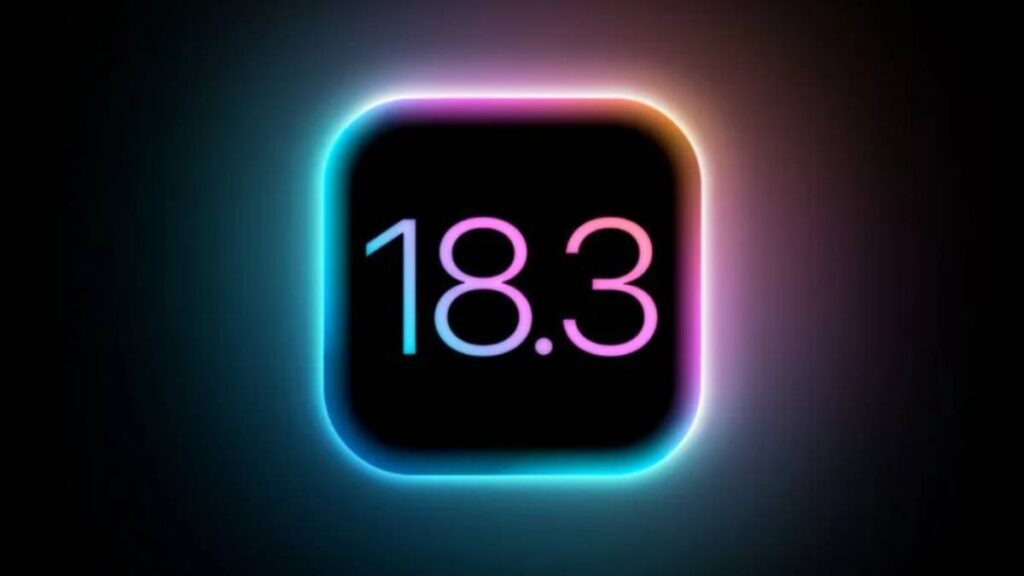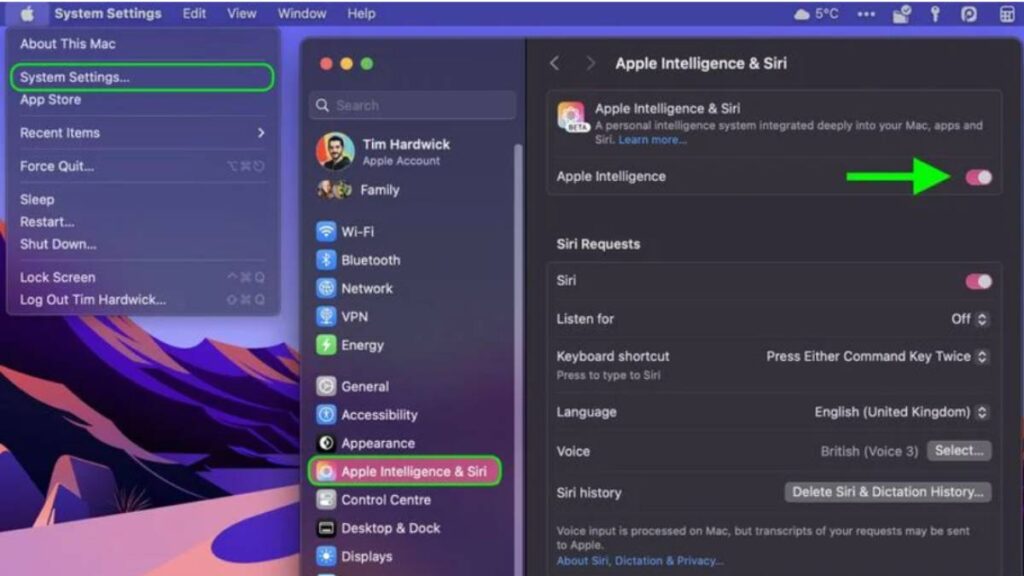Table of Contents
Apple released software updates for macOS Sequoia 15.3, iOS 18.3, and iPadOS 18.3 this week. These upgrades automatically enable Apple Intelligence on devices that support them. There’s a single reason why you might want to turn off Apple’s AI capabilities as soon as possible, regardless of whether you possess an iPhone, iPad, Mac, or none of the three: To recover storage.
Since its unveiling at WWDC in June 2024, Apple Intelligence has been heavily promoted by Apple’s marketing machine. With a point update to iOS 18/iPadOS 18 and macOS Sequoia in October, Apple introduced the first features to compatible iPhones, iPads, and Macs. A more comprehensive set of AI-powered features was introduced in December, with the most recent update bringing some much-needed improvements.
Storage Requirements for Apple Intelligence
Apple Intelligence is still in beta, and opinions on the AI suite’s present use are still very divided despite the barrage of updates. However, for some, their local storage overhead will be the decisive factor when weighing the relative value of these capabilities. Apple Intelligence now needs 7GB of storage space, according to the company’s support website. It doesn’t matter if you’re using an iPad, iPhone, or Mac.
Although it may seem like a lot, it’s one method Apple may highlight Apple Intelligence’s privacy records. AI models must be downloaded on your device or devices in order for many of these capabilities to function locally, which presently takes up 7GB of data. Apple released software updates for macOS Sequoia 15.3, To put it another way, if you owned a Mac, iPhone, and iPad, you would have about 21GB of storage on all of your devices—capacity that AI models may never even utilize.
AI or No AI? Time to Decide
Upon upgrading to iOS 18.3, iPadOS 18.3, or macOS Sequoia 15.3, Apple Intelligence is a feature that may be turned off rather than enabled. Apple released software updates for macOS Sequoia 15.3, To put it another way, if you have already updated your devices to the most recent firmware or plan to do so, Apple Intelligence will be engaged immediately.

However, if you selected “Set Up Later” at the on-screen prompt, you have no alternative and these features will honor your previous choice to remain disabled. Keep in mind that this still applies if you previously disabled it in previous point updates but then allowed the most recent update welcome screens to guide you towards enabling Apple Intelligence again.
Why Disabling Apple Intelligence Reclaims Storage
Apple Intelligence manages and distributes its machine learning models and associated assets to your devices via a system known as the MobileAsset framework. Without requiring extensive system upgrades, this framework makes sure that your devices have access to the newest features by dynamically downloading and updating the required components.
Fortunately, the system recognizes that the related assets are no longer in use when you disable Apple Intelligence. The MobileAsset framework optimizes and frees up your local storage by eliminating these superfluous assets when additional space is required. Here’s what you need to do to make sure that occurs.
How to Disable Apple Intelligence
Any compatible device running the most recent version only has to turn the corresponding switch to fully disable Apple Intelligence. All iPad models with A17 Pro or M1 and after, all Mac models with M1 or later, and all iPhone 16 models, iPhone 15 Pro, and iPhone 15 Pro Max are compatible.
Disable Apple Intelligence on iPhone and iPad
It is located in Settings ➝ Apple Intelligence & Siri on iPhones and iPads. Switch off the Apple Intelligence switch.
Turn off Mac’s Apple Intelligence

Toggle off Apple Intelligence on a Mac by opening System Settings, choosing Apple Intelligence & Siri from the sidebar, and then clicking the switch next to Apple Intelligence at the top of the menu window.
Features You Lose When You Disable Apple Intelligence
If Apple Intelligence is disabled on iPadOS 18.2 or later, iOS 18.2 or later, and macOS Sequoia 15.2 or later, the following features will be lost:
- Genmoji
- Image Wand in the Apple Pencil tool palette
- Image Playground
- Writing Tools
- Create a Memory movie in Photos (not available in macOS)
- Clean Up in Photos
- Natural language search in Photos
- Reduce Interruptions Focus
- Notification summaries
- Intelligent Breakthrough & Silencing in Focus
- Smart Reply in Mail and Messages
- Priority messages in Mail
- Summaries in Mail and Messages
- Siri enhancements
- ChatGPT integration within Siri and Writing Tools



